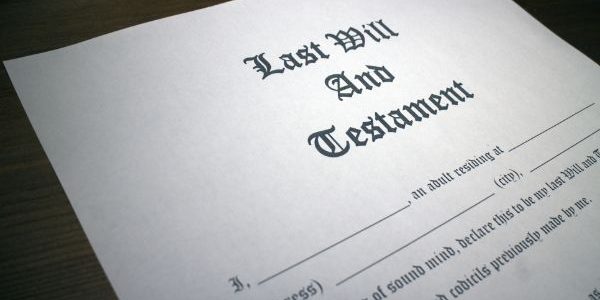When someone is purchasing property, they often do so with no regards to the state the property is located. It’s not at all unusual for someone to own property in two or more states. While they are only a resident of one state when they die and that state is generally where they have many of their assets, if they own property in another state, then they will need to do an ancillary probate in that state to handle the real property located there.
Ancillary Probate
If this sounds complicated, well, it’s certainly more work than simply managing the probate process in one state, but it’s simply a matter of conducting the probate process in each state to handle the assets located in that state. Real estate, including its deed and disposition, is always governed by the relevant laws of the state in which the real estate is located.
For example, if a couple owns a piece of real estate in another state such as a vacation home, then the laws of the vacation home state will govern the meaning of the deed and whether the home passes directly to the surviving spouse or must go through the probate process, something their real estate attorney hopefully discussed with them when the vacation home was first purchased.
The personal representative or executor of the estate will need to perform the ancillary probate process in the second state. Generally, they hire a lawyer in that state to handle the paperwork. This often includes providing copies of the deceased person’s will and relevant estate documents. A will that was accepted by the probate court in one state is generally accepted as a foreign will in another state without problems.
Avoiding Ancillary Probate
If you have property in another state, you can take steps during your estate planning process to simply avoid ancillary probate altogether. The best method will depend on your goals and the laws of the state where the property is located. You may be able to own the property jointly with another individual in such a way that they gain full ownership upon your death. You may choose to set up a trust that owns the property and name certain heirs as the beneficiaries of the trust. You may be able to record a transfer-on-death deed. The best way to handle your out-of-state property is a great discussion to have with your estate planner. The experienced trust and estates planning team from Dunn Law Firm have helped clients craft their estates to handle a wide variety of goals, family structures, and property interests. To learn more, reach out to the Dunn Law Firm by calling (435) 628-5405 to set up a free consultation today.







